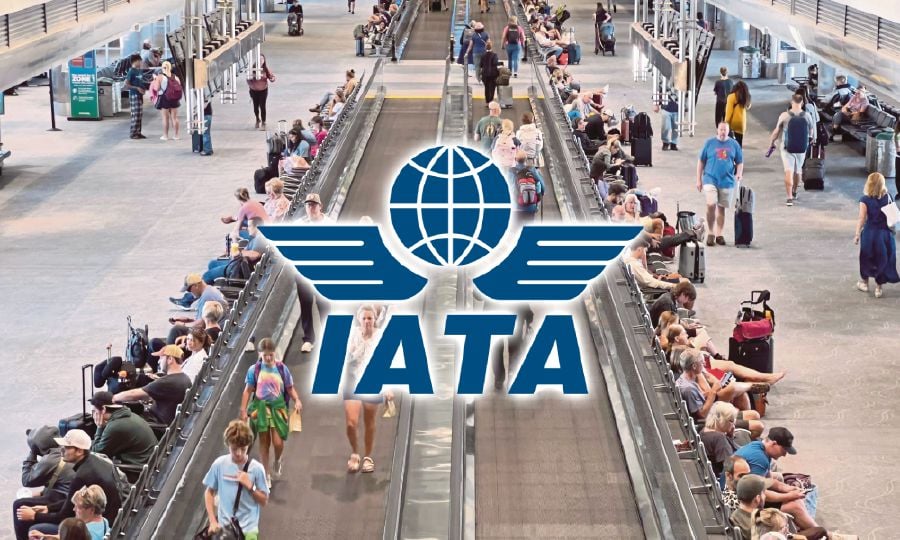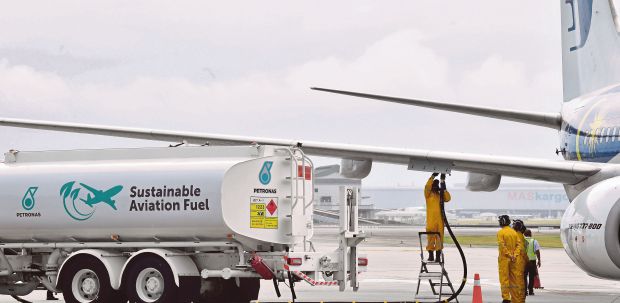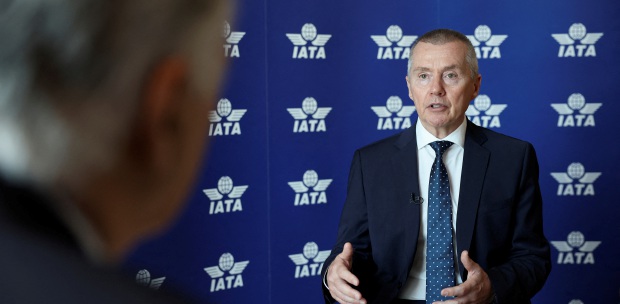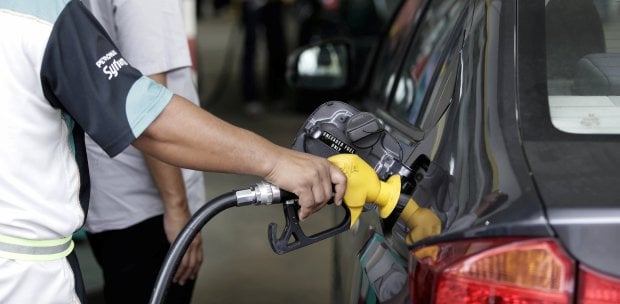KUALA LUMPUR: The International Air Transport Association (IATA) has urged governments worldwide to be more involved in supporting the production of sustainable aviation fuel (SAF).
This is to ensure that the aviation industry's net zero carbon emissions target by 2050 will be achieved by all countries.
IATA director general Willie Walsh said even achieving five per cent SAF usage by 2030 globally is ambitious and there are concerns about the biofuel's production rate as well as the policy support and investments given by governments.
"I believe that the five per cent SAF (target) in 2030 is extremely ambitious. I think it will be achieved and maybe even exceeded in certain parts of the world."
"But when we look at where SAF is being produced and where the investments are being made, it's very clear that it won't be achieved in every part of the world.
"And that's where we need to be honest," Walsh said at a media briefing on the final day of the IATA annual general meeting (AGM) last week.
He added that governments need to be part of the solution to achieve the target as there are concerns about the current SAF production which is not widely produced globally.
"For example, there's no SAF production in Latin America. We see some SAF production in some parts of the world. We see SAF investments in some production in most parts of the world but yet we have not seen anything in Latin America."
"What we're saying is that we need to work together to ensure that we get to the long-term goal of net zero 2050 and governments need to take part," Walsh said.
Governments through the International Civil Aviation Organisation (ICAO) have set clear expectations for aviation to achieve a five per cent reduction in carbon dioxide emissions through SAF by 2030 and net zero carbon emissions by 2050.
IATA said about 27 per cent of all expected renewable fuel production capacity available in 2030 would need to be SAF.
Currently, SAF accounts for just three per cent of all renewable fuel production.
One of the governments and airlines in Southeast Asia that pledged to meet the five per cent SAF usage target by 2030 is Singapore and Singapore Airlines.
Walsh said other energy industries such as solar and wind are developed due to governments' support with a policy framework in place as well as investments to scale up the industries to make the energy more affordable.
"It's not a linear increase. I think people have made the mistake of trying to get from where we are today to 2050 on a straight line. We need to see investments (in SAF production)," he said, adding that at least the industry and the governments are aligned to achieve net zero carbon emissions by 2050.
Walsh said governments could give incentives to build more renewable energy facilities, facilitate technical solutions with accelerated approvals for diverse feedstocks and SAF production methodologies, and co-processing renewable feedstocks in crude oil plants.





